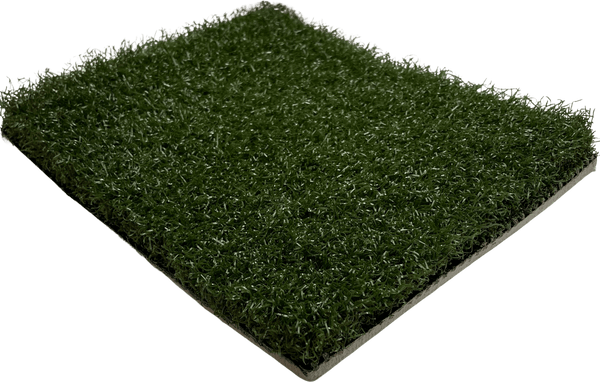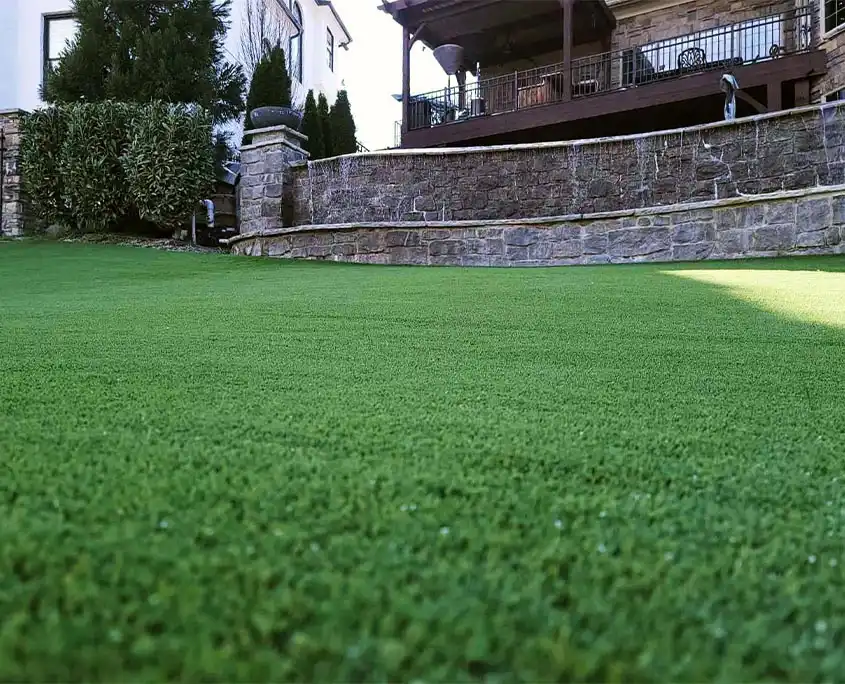Professional Arizona Turf Installation Solutions for Home and Commercial Use
See Why Homeowners Prefer Artificial Turf for Sustainable Landscaping Practices
As house owners significantly focus on sustainability in landscape design, synthetic grass has emerged as a compelling alternative to conventional grass. Its ability to conserve water, minimize maintenance efforts, and minimize environmental influence placements it as a useful option for those seeking green services. Additionally, the aesthetic appeal and convenience of synthetic grass satisfy diverse layout choices. The implications of this change prolong past simple benefit and aesthetics, motivating a better examination of exactly how these choices affect broader ecological outcomes. What continues to be to be checked out is the complete scope of advantages that man-made turf can use to property owners and the setting alike.
Water Preservation Benefits
One of the most substantial benefits of fabricated lawn is its duty in water conservation. In contrast, synthetic grass eliminates this demand entirely, as it does not require watering.
In addition, the installation of synthetic grass can add to an extra sustainable landscape. Property owners can substantially reduce their water expenses, enabling reallocation of sources to various other ecological initiatives or household usages. In addition, synthetic grass is designed to withstand numerous weather conditions without the demand for supplementary watering, making it an excellent option for regions encountering water shortage.
The environmental advantages prolong beyond prompt water financial savings. By decreasing water consumption, synthetic grass helps to alleviate the effects of environment modification, preserving important ecosystems that are endangered by excessive water removal. As sustainable landscape design practices get traction, fabricated grass emerges as an accountable choice for house owners seeking to produce environment-friendly outdoor areas.
Reduced Upkeep Initiatives
Synthetic lawn substantially reduces upkeep initiatives compared to typical turf yards. With artificial lawn, homeowners can remove the time-consuming jobs connected with natural landscaping, such as mowing, fertilizing, and weeding. This not just conserves valuable time but likewise minimizes physical labor, making grass care available for individuals of any ages.
Typical grass call for constant cutting to keep a cosmetically pleasing height, whereas man-made lawn stays constantly rich without the demand for reducing. Furthermore, home owners no much longer need to apply pesticides or plant foods, which are usually called for to keep natural grass healthy and balanced.
Moreover, synthetic grass is resilient and sturdy, needing marginal upkeep past occasional cleaning and rinsing to remove particles. This ease of upkeep allows home owners to enjoy their exterior areas without the constant concern of upkeep, giving more time for recreation and family tasks. Eventually, the reduced upkeep efforts connected with synthetic grass make it an enticing option for those looking for a low-maintenance, visually appealing landscape.

Ecological Influence Decrease
There is a growing acknowledgment of the environmental benefits related to synthetic grass, particularly in terms of water preservation and lowered chemical use. Traditional yards require considerable amounts of water, specifically in drought-prone areas, causing raised stress on local water resources. In comparison, synthetic grass removes the demand for irrigation, significantly minimizing water usage and promoting sustainability.
In addition, traditional grass maintenance commonly entails the application of chemicals, plant foods, and herbicides, which can add to soil and water air pollution. Fabricated turf reduces this environmental danger by calling for marginal maintenance and basically eliminating the need for hazardous chemicals. This not only improves soil health but likewise safeguards regional environments from poisonous drainage.
Additionally, the manufacturing of all-natural turf lawns usually includes the use of nonrenewable fuel sources for mowing and landscape design tools, additional adding to greenhouse gas exhausts. By picking synthetic grass, house owners can substantially reduce their carbon footprint linked with grass care activities.
Visual Charm and Adaptability
Along with its ecological advantages, fabricated turf uses substantial aesthetic charm and convenience for landscaping. House owners can attain a lush, eco-friendly look year-round, removing the seasonal fluctuations typically connected with all-natural grass. This constant aesthetic not just enhances the visual appeal of a home but also contributes to a polished and properly maintained appearance.
Moreover, synthetic grass is offered in a selection of textures, styles, and shades, enabling for personalization to fit private preferences and design themes - Arizona turf. Whether made use of in household yards, industrial areas, or recreational areas, it can seamlessly incorporate right into diverse landscaping layouts, from modern-day minimal to lush tropical setups
The convenience of man-made grass extends past simple appearance; it can be installed in various areas, consisting of rooftops, patios, and also indoor spaces, developing chances for unique landscape design options. Additionally, it appropriates for an array of activities, from children's play locations to pet-friendly atmospheres, providing capability without jeopardizing style.
Inevitably, the aesthetic allure and adaptability of synthetic grass make it an appealing alternative for house owners seeking lasting landscaping options that do not sacrifice charm for environmental duty.

Long-Term Cost Financial Savings
One of one go to this website of the most compelling benefits of man-made turf is its possibility for long-term price savings. Unlike all-natural turf, which calls for regular upkeep-- including mowing, watering, feeding, and pest control-- man-made turf dramatically minimizes these ongoing costs. Homeowners can save a significant amount on water expenses, especially in regions where water deficiency is a pressing problem. The removal of lawn care solutions further adds to financial savings, as there is no demand for customized devices or labor.
Furthermore, synthetic grass has a life expectancy of 15 to 25 Recommended Reading years, relying on its quality and usage. This sturdiness lessens substitute expenses, making it a much more cost-effective option in the future. Moreover, the first financial investment in man-made grass can commonly be redeemed with the cost savings accumulated in time.
While the upfront price might seem higher contrasted to sod installation, the cumulative financial savings from minimized maintenance and water usage usually surpass these preliminary expenditures. Inevitably, the adoption of artificial lawn not only promotes a lasting landscaping solution yet likewise provides homeowners a monetarily smart option that straightens with long-lasting budgeting goals.
Final Thought
Synthetic grass arises as an engaging alternative for sustainable landscaping, providing considerable advantages in water conservation, minimized upkeep initiatives, and lessened ecological influence. As communities increasingly prioritize environmentally friendly practices, the fostering of artificial turf stands for a dynamic action towards attaining resistant and lasting landscapes.
Furthermore, man-made grass is developed to withstand various climatic conditions without the requirement for extra watering, making it an ideal choice for areas dealing news with water shortage. (Artificial turf companies phoenix)

Synthetic turf arises as an engaging choice for sustainable landscaping, offering significant benefits in water conservation, lowered upkeep efforts, and lessened environmental influence.